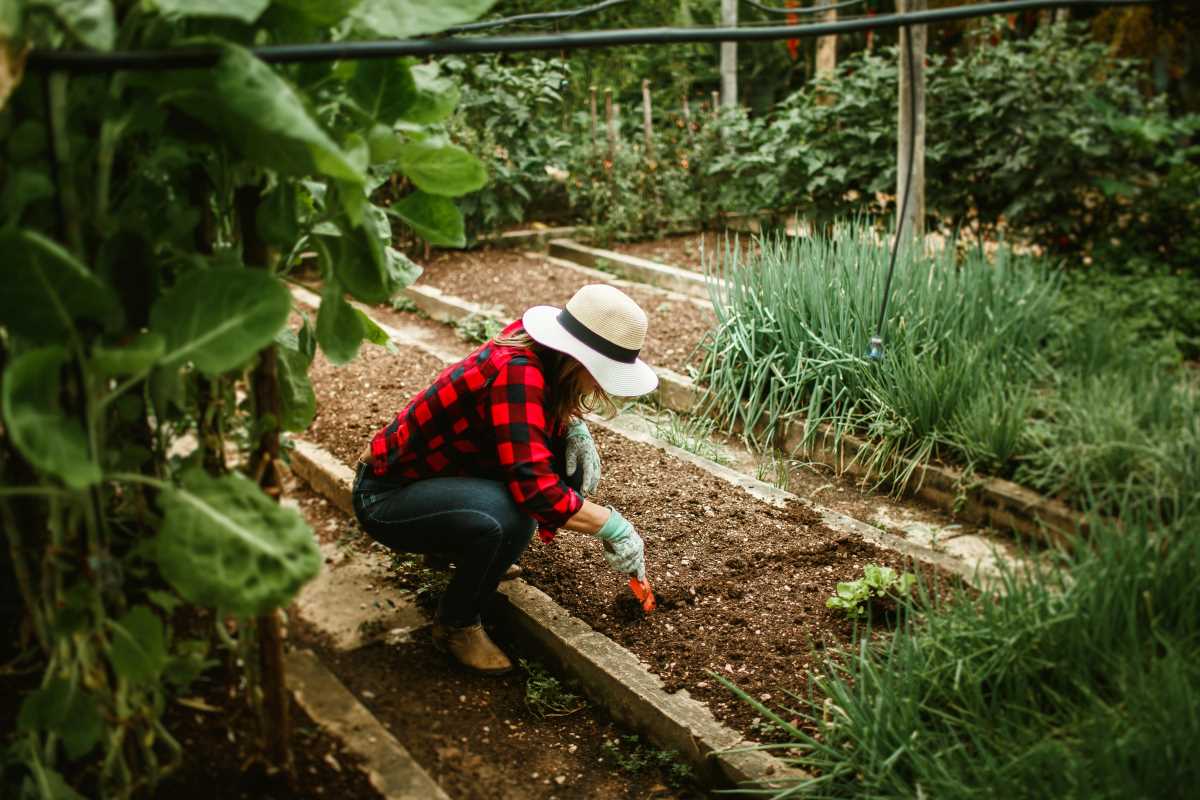For eco-conscious individuals eager to connect with nature, visiting sustainable permaculture farms offers an unparalleled adventure. These farms transform into dynamic learning environments where visitors can dive headfirst into the world of sustainable living. As you get your hands dirty in daily farm activities, you learn firsthand the art of cultivating food responsibly. The experience also teaches you how to manage resources with care and insight, fostering a harmonious relationship with the environment. Walking through these vibrant ecosystems, you gain invaluable knowledge that empowers you to contribute to a more balanced and sustainable world.
Understanding Permaculture
Permaculture represents a holistic approach to agriculture that emphasizes sustainability and harmony with the environment. It incorporates various principles to create resilient and productive systems. Here are some key elements of permaculture:
- Design Principles: Utilize patterns and relationships observed in nature to design agricultural systems.
- Sustainable Resource Management: Use water, energy, and materials efficiently to minimize waste.
- Incorporation of Natural Ecosystems: Mimic natural habitats to support biodiversity.
- Crop Diversity: Grow a variety of plants to enhance resilience against pests and diseases.
- Soil Health: Maintain and improve soil fertility through natural methods like composting and mulching.
Benefits of Sustainable Farming
Sustainable farming practices provide numerous advantages that extend beyond the farm itself. Environmentally, they reduce carbon footprints by minimizing the use of synthetic fertilizers and pesticides, which can harm ecosystems. Sustainable farms also promote biodiversity, creating habitats for a variety of species that contribute to a balanced environment.
These farming methods strengthen community ties. Local farming supports regional economies and reduces the need for long-distance transportation of goods, leading to fresher produce and lower emissions. On a personal level, engaging in sustainable farming practices improves physical health, enhances mental well-being, and fosters a greater sense of connection to the land.
Hands-On Exploration Techniques
Engaging directly with the processes of a permaculture farm provides invaluable learning experiences. Here are several techniques to maximize your hands-on exploration:
- Participating in Planting and Harvesting: Gain firsthand experience in planting techniques, crop rotation, and harvesting methods that support soil health and productivity.
- Learning Composting Methods: Understand how to create and maintain compost systems that recycle organic waste into rich soil amendments.
- Attending Workshops or Seminars: Take part in educational sessions led by experts to deepen your knowledge of sustainability practices and permaculture design.
- Engaging in Animal Care Practices: Assist in the humane treatment and management of farm animals, learning how they contribute to the overall ecosystem.
- Practicing Water Conservation Techniques: Implement methods such as rainwater harvesting and drip irrigation to optimize water use on the farm.
Connecting with Nature
One of the most rewarding aspects of visiting permaculture farms involves the opportunity to connect deeply with nature. This connection builds a greater appreciation for natural processes and the importance of maintaining ecological balance. Engaging with the environment firsthand allows visitors to witness the interdependence of various species and the critical role each plays in sustaining the ecosystem. For example, visiting sustainable cheese farms in the Italian Alps not only allows you to taste exquisite products but also helps you understand the sustainable practices involved in their production.
Through these interactions, eco-conscious enthusiasts draw inspiration and practical ideas to implement in their own lives, promoting a more sustainable and harmonious existence with the natural world.
Learning from the Experts
One of the greatest benefits of hands-on exploration at permaculture farms lies in the chance to learn directly from seasoned practitioners. Experts in sustainable permaculture share a wealth of knowledge and experience, offering insights that go beyond theoretical concepts. By observing their techniques and asking questions, visitors gain a profound understanding of how to apply permaculture principles effectively. Detailed explanations and demonstrations clarify complex processes, making sustainable farming more accessible to everyone.
 (Image via
(Image via





